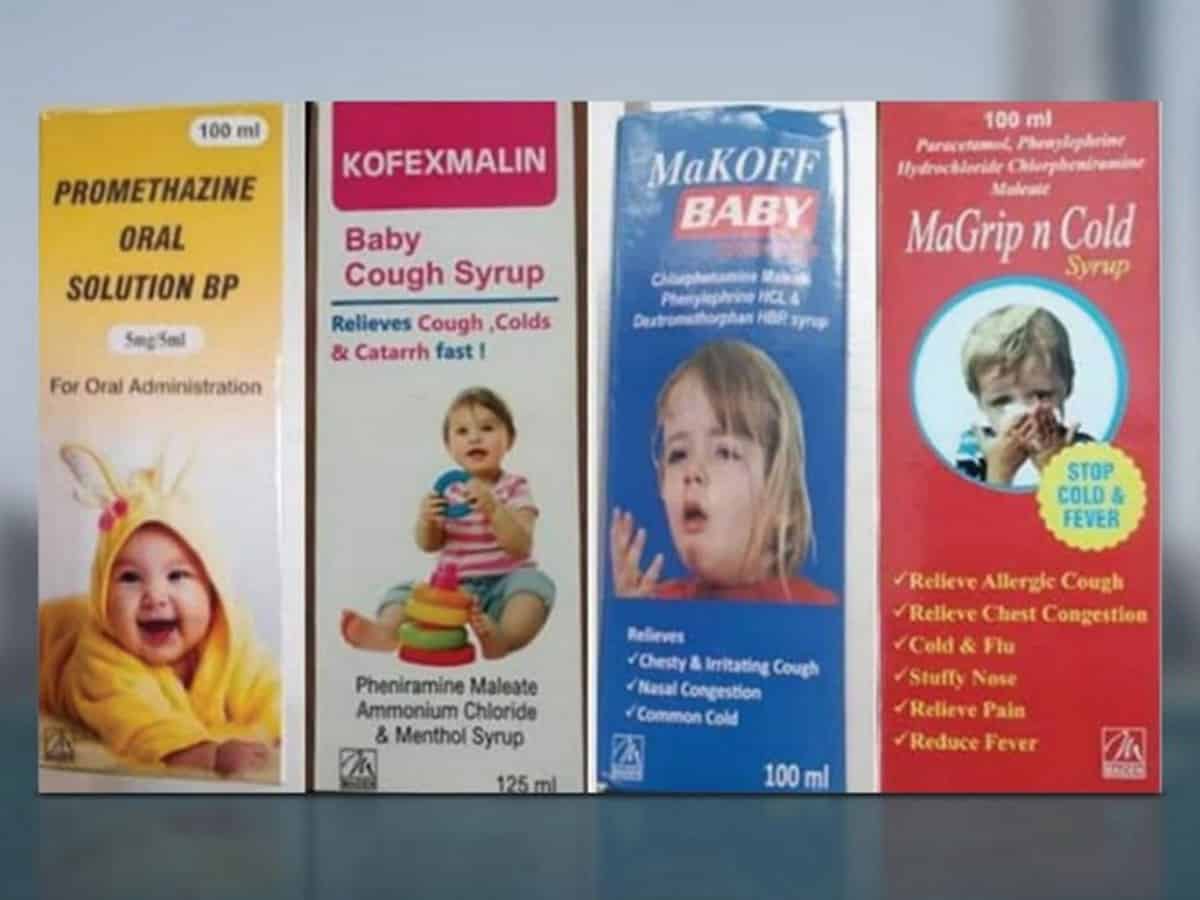
Abu Dhabi: The Department of Health — Abu Dhabi (DoH) confirmed that the four cough syrups manufactured by Haryana-based Maiden Pharmaceuticals Limited (MPL) are not available across all healthcare sectors in the Emirates.
The four cough syrups are Promethazine oral solution BP, Kofexmalin baby cough syrup, Makoff Baby and MaGrip n Cold.
The Department on Friday called on all community members who may have obtained the products not to use them and to seek medical help in case of side effects following the usage of any.
The cough syrups manufactured by India’s Maiden Pharmaceuticals have reportedly caused the death of 66 children in the Gambia, Africa.
On October 5, 2022, World Health Organization (WHO) report said the drugs may be linked to deaths.
“Laboratory analysis of samples of each of the four products confirms that they contain unacceptable amounts of diethylene glycol and ethylene glycol as contaminants. To date, these four products have been identified in Gambia but may have been distributed, through informal markets, to other countries or regions,” the WHO said in the alert.
On Saturday, October 8, WHO Director-General Tedros Adhanom Ghebreyesus, took to Twitter and wrote, “@WHO stands with the people and government of #Gambia and continues to assist in addressing the tragic deaths potentially linked to pediatric medicines. We appreciate @BarrowPresident’s commitment to strengthen the regulatory system and lab capacity.”
On October 11, India launched an investigation and halted all production at the New Delhi-based company.
Anil Vij, home minister in the northern Indian state of Haryana, said authorities have inspected the Maiden facility four times this month and found 12 violations of good practice.
Naresh Kumar Goyal, chief executive of Maiden declined to comment.
He told Reuters on October 6 that the company was trying to find out what happened in Gambia.
Maiden says on its website that it sells products at home and exports to countries in Asia, Africa and Latin America.
India said only the cough syrup was approved for export to Gambia, although the World Health Organization says the medicines may have gone elsewhere through unofficial markets.



